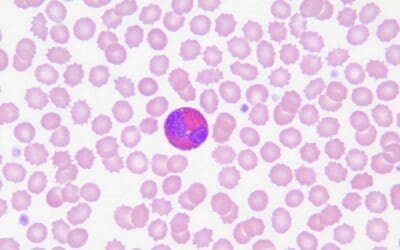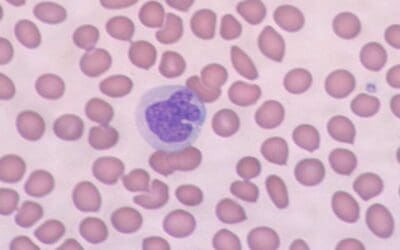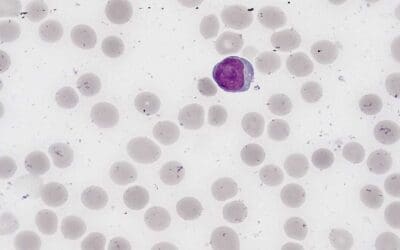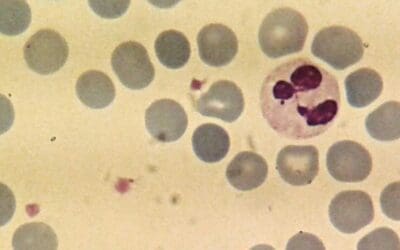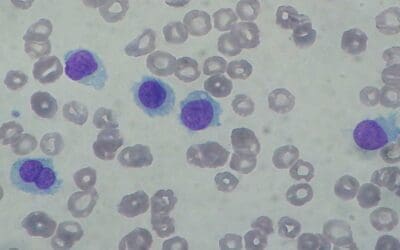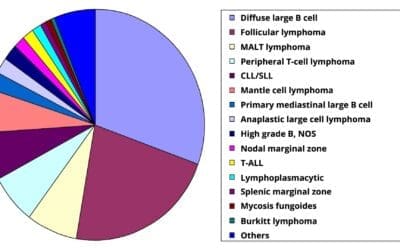High eosinophil count in blood. May indicate allergies, infections, or other conditions. Symptoms vary. Diagnosis via blood test.
Chronic Myeloid Leukemia Treatment Strategies
Chronic Myeloid Leukemia Treatment: TKIs are the main therapy, targeting the BCR::ABL1 gene. Chemotherapy & stem cell transplant are also used.
Neutrophilia (High Neutrophils) & Absolute Neutrophilia
Discover causes & implications of high neutrophils, from general neutrophilia to absolute neutrophilia, a key blood cell elevation.
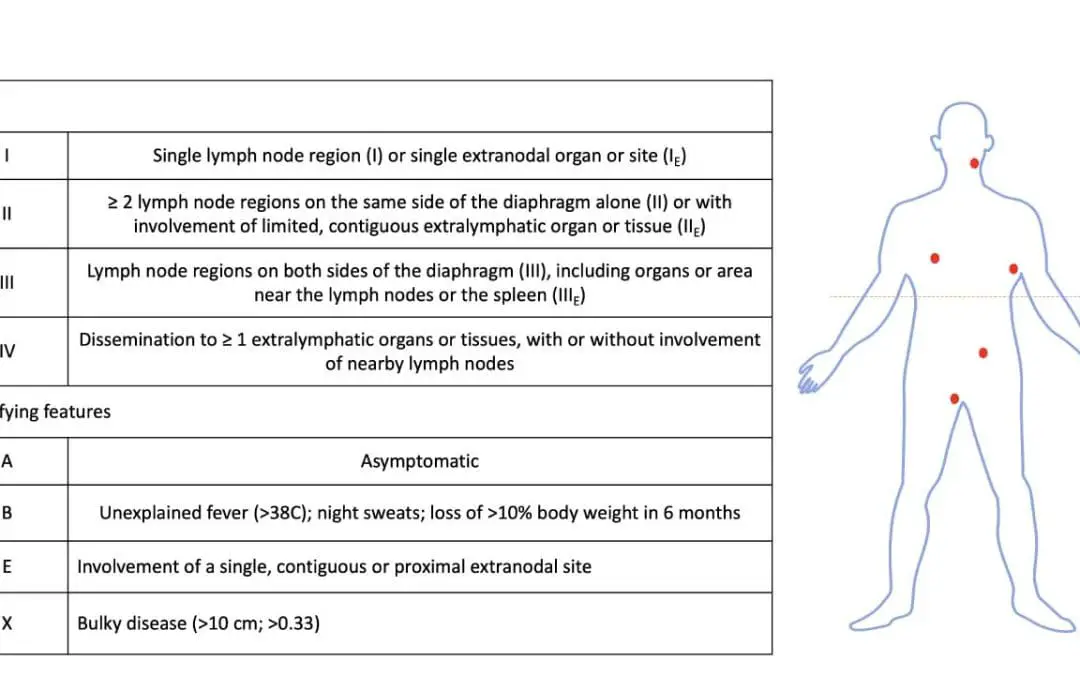
Classic Hodgkin Lymphoma Treatment Strategies
Hodgkin lymphoma explained: treatment, stages, and what to expect. Your guide based on the latest NCCN recommendations.
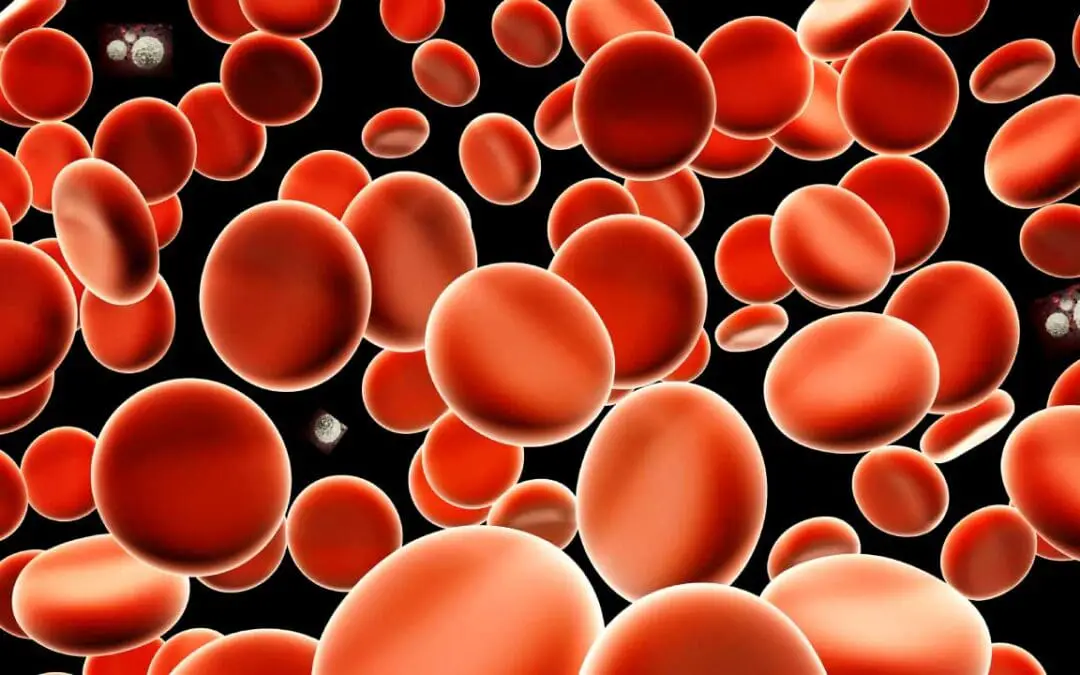
Causes of Polycythemia
Polycythemia has high red blood cell count. Learn causes, symptoms (headache, fatigue), diagnosis (CBC, EPO), and treatment options.

Classic Hodgkin Lymphoma Treatment Strategies
Hodgkin lymphoma explained: treatment, stages, and what to expect. Your guide based on the latest NCCN recommendations.
Eosinophils
Eosinophils are white blood cells that play a crucial role in the immune system. They are involved in fighting parasites, allergic reactions, and tissue repair. Elevated eosinophil counts can be a sign of various conditions, including parasitic infections and allergic diseases.
Monocytes
Monocytes are large white blood cells that play a crucial role in the immune system. They are responsible for phagocytosis, antigen presentation, and inflammation. Elevated or decreased monocyte counts can be indicative of various diseases.
Lymphocytes
Lymphocytes are essential white blood cells that help protect the body from infections and diseases. They come in three main types: B cells, T cells, and NK cells, each with its unique role in the immune system.
Neutrophils
Neutrophils are white blood cells crucial for fighting infections. They engulf and kill bacteria through phagocytosis. Learn about neutrophilia, neutropenia, and their role in immune health.
Hairy Cell Leukemia (HCL)
Hairy cell leukemia (HCL) is a rare blood cancer characterized by abnormal white blood cells. Learn about symptoms, causes, diagnosis, and treatment options.
Non-Hodgkin Lymphoma (NHL)
Non-Hodgkin lymphoma (NHL) is a diverse group of cancers of the lymphatic system. Unlike Hodgkin lymphoma, NHL encompasses various subtypes based on lymphocyte type (B-cell or T-cell) and growth rate (slow-growing or aggressive).

